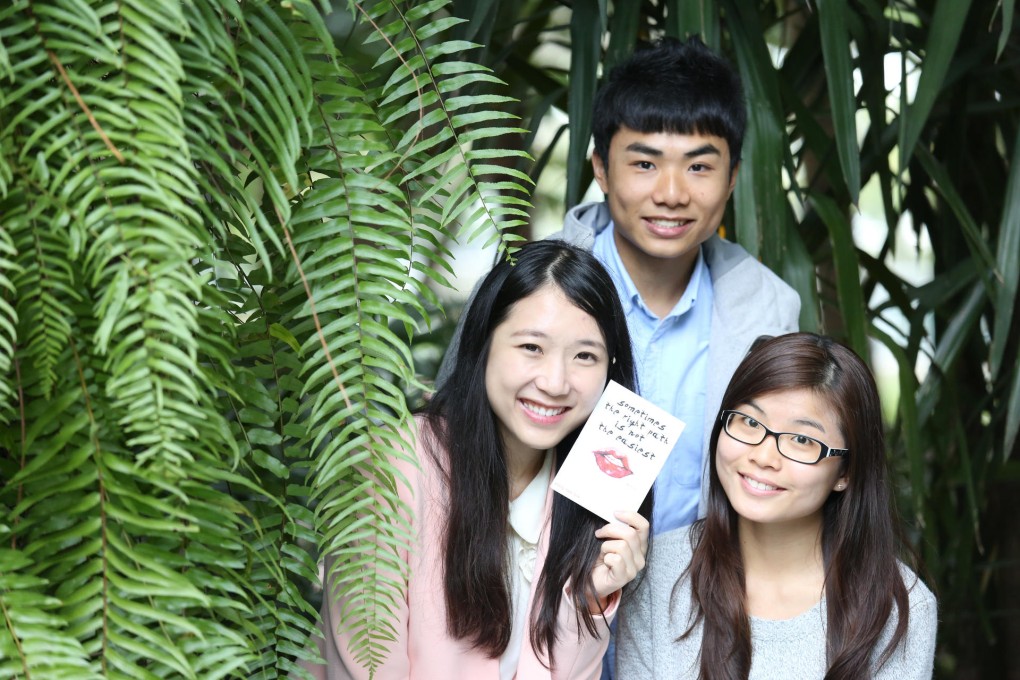Sticky Rice Love offers a forum for under-25s to discuss their sexual problems
Online platform bridges gap in sex education

Will I get pregnant if I run a red light?" This is a question written in Chinese posted on Sticky Rice Love, an online sex education platform for local youth. The question has nothing to do with driving; it is youthful slang for whether it is possible to become pregnant during menstruation.
Julia Sun Wai-han, 23, is the director of the site, which publishes articles about sex and hosts a forum for people under 25. It's filling a gap in sex education for this age group, who can ask questions they don't feel comfortable asking their parents, teachers or friends.
Anyone can post questions, and do so anonymously. A volunteer from Sticky Rice Love, who will have received some basic training in sexual health matters, will promptly write a response.
The forum is moderated by two Hong Kong-licensed sex therapists, one of whom is also a Caritas Hong Kong social worker. According to Sun, the forum has about 1,000 hits, and three to four new questions each week. The website also periodically publishes articles by volunteers about sex and love.
Sticky Rice Love is the translation of the name of a Chinese glutinous rice ball dessert. The premise is that talking about sex and relationships should be as common as talking about food.
Sun co-founded Sticky Rice Love last July with a partner based in Britain, after graduating from Chinese University. The social enterprise now has 15 volunteers. These include working professionals, and students at secondary and university level.